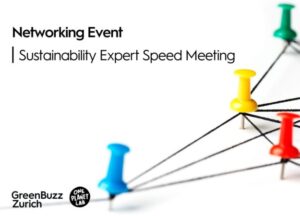Our company has a competence hierarchy, rather than a power hierarchy: whoever has most expertise on a specific topic can decide the course of action, for which the relevant team members must be consulted. In self-organised teams, however, there is a second major challenge alongside decision-making: conflict resolution.
First, resolve conflicts within yourself
We have sought external support for conflict resolution: in the long-term, with the help of me&me, we want to acquire the ability to resolve conflicts ourselves within the team so that we can function independently as a company. We began by collectively defining the conflict resolution process that we use: if I realise that a conflict has arisen, I first have to settle it with myself. If the conflict continues to be an issue, then I actively communicate it, trying to speak from my perspective. I explain my point of view and don’t make any accusations. This allows me to help the other person understand what is important to me without making them responsible for my feelings. If the conflict can be resolved between the individuals involved, then it ends here. If not, another person can be consulted.
Trust as a basis
Trust within a team is the most important foundation for this process. I must be able to express my personal feelings. In our corporate principles, we state that conflicts must be resolved as soon as they arise: festering, unresolved conflicts have the potential to eventually explode. The team coaching from me&me contributes to our personal development, but it is also part of the company’s development. Ultimately, we have to continually practice dealing with conflicts in a ‘good’ way and using them as opportunities to grow.




